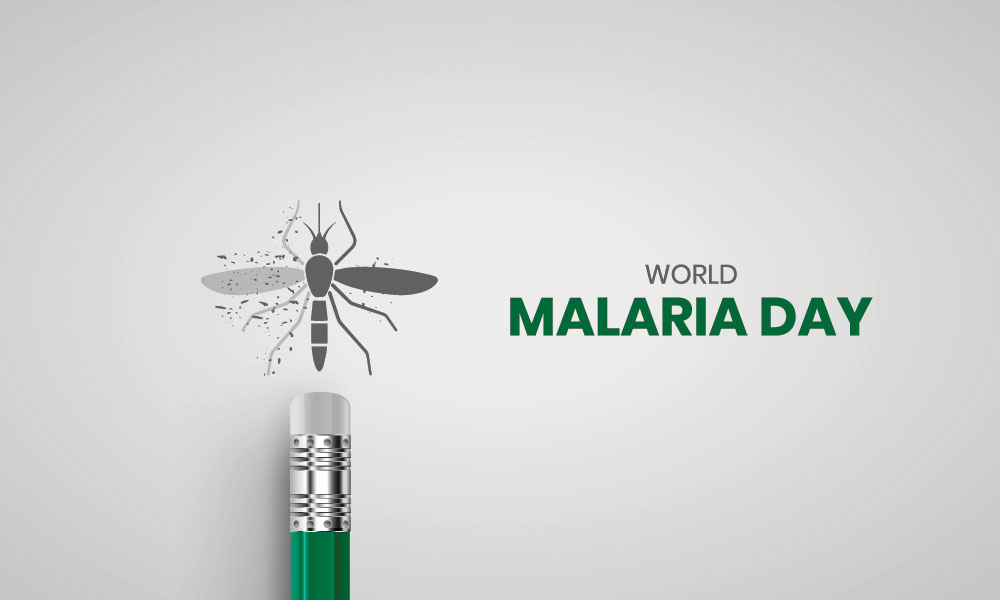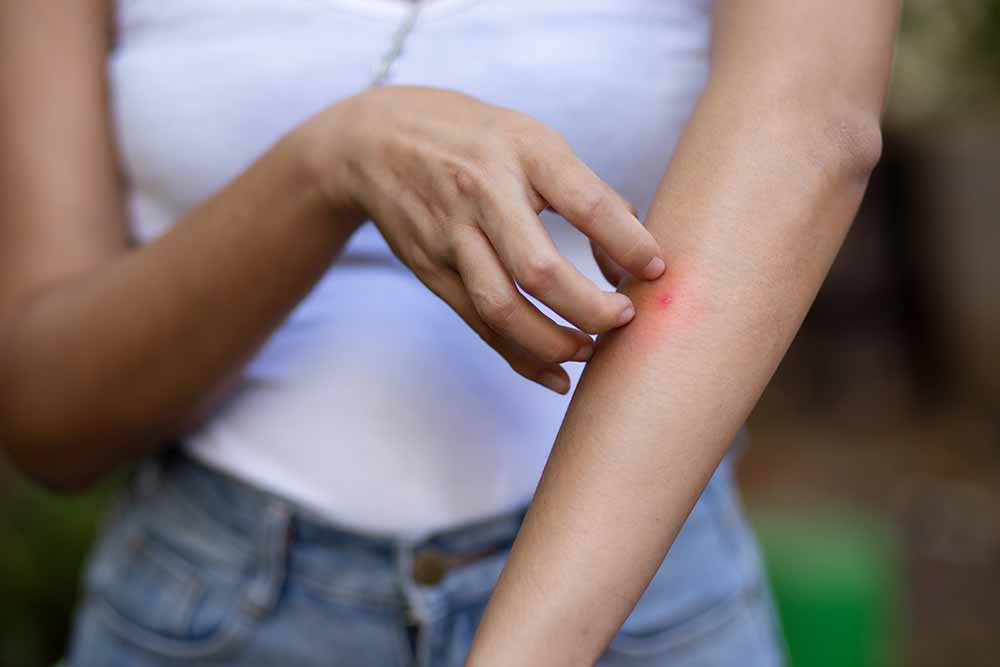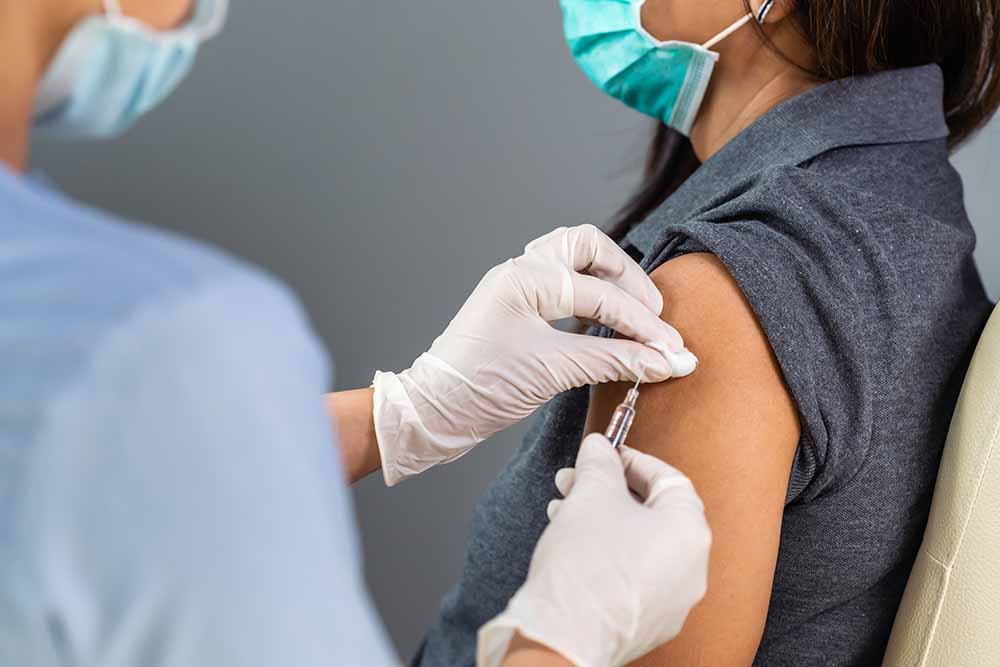April 25th marks World Malaria Day, a global initiative to raise awareness about one of the deadliest diseases on the planet. While malaria affects millions worldwide, pregnant women face a particularly high risk. Let’s delve into the reasons behind this vulnerability and explore the impact of malaria on maternal and foetal health, with a focus on efforts to combat this global health crisis.

Image used for representational purposes only.
Malaria, a disease caused by parasites transmitted through mosquito bites, remains a significant public health challenge, especially in regions like the Southeast Asia Region and sub-Saharan Africa. Despite considerable progress in reducing malaria cases and deaths, pregnant women continue to bear a disproportionate burden of the disease. As per the World Malaria Report 2023, India alone accounted for 66 per cent of malaria cases in the region in 2022, highlighting the urgent need for targeted interventions. The year saw 33.8 lakh malaria cases and 5,511 deaths, seeing a decline of about 30 per cent in malaria incidence and 34 per cent in mortality, compared to the figures from 2021.

Image used for representational purposes only.
Exploring Vulnerability: Why Pregnant Women Are More Susceptible
However, statistics reveal a stark reality: pregnant women are more susceptible to malaria, with potentially devastating consequences. In the Southeast Asia Region, where malaria cases have significantly declined over the years, pregnant women remain a high-risk group.
Why are pregnant women more vulnerable to malaria? Several factors contribute to this heightened susceptibility. Pregnancy weakens a woman's immune system, making her more susceptible to infections. Additionally, changes in hormone levels and the presence of placental tissue provide an ideal environment for malaria parasites to thrive.
The Impact on Maternal and Foetal Health
The impact of malaria on maternal and foetal health is profound. For pregnant women, malaria can lead to severe illness, anaemia, and even death. Placental infection increases the risk of complications such as stillbirth, premature delivery, and low birth weight – a leading cause of infant mortality. The consequences extend beyond pregnancy, affecting the long-term health and development of the child.
Prioritising Prevention and Treatment
Prevention and treatment are crucial in mitigating the risks posed by malaria during pregnancy. The World Health Organisation (WHO) recommends a comprehensive approach, including the use of insecticide-treated nets, prompt diagnosis, and effective treatment. Intermittent preventive treatment with sulfadoxine-pyrimethamine (IPTp-SP) has proven effective in reducing maternal parasitemia and improving birth outcomes.

Image used for representational purposes only.
Recently, the R21/Matrix-M malaria vaccine, manufactured by the Serum Institute of India and developed by Oxford University was prequalified by the WHO for use in preventing malaria in children. This decision follows the recommendation made in October 2023, based on advice from WHO Strategic Advisory Group of Experts (SAGE) on Immunisation and the Malaria Policy Advisory Group. This vaccine becomes the second malaria vaccine to receive WHO prequalification after the RTS,S/AS01 vaccine in July 2022. WHO's prequalification facilitates wider access to vaccines, making them available for procurement by UNICEF and deployment supported by Gavi, the Vaccine Alliance. Both vaccines have demonstrated safety and efficacy in clinical trials for preventing malaria in children. Malaria poses a significant burden on children, particularly in Africa, where nearly half a million children die from the disease annually. WHO's prequalification process ensures that vaccines meet international standards for safety, efficacy, and quality, supporting global immunisation efforts and the specific needs of national immunisation programs. The vaccine is set to roll out in mid-2024.

Image used for representational purposes only.
On World Malaria Day, it is imperative to renew our commitment to protecting the health and well-being of pregnant women. By raising awareness, mobilising resources, and implementing evidence-based interventions, we can safeguard motherhood and ensure a healthier future for generations to come.